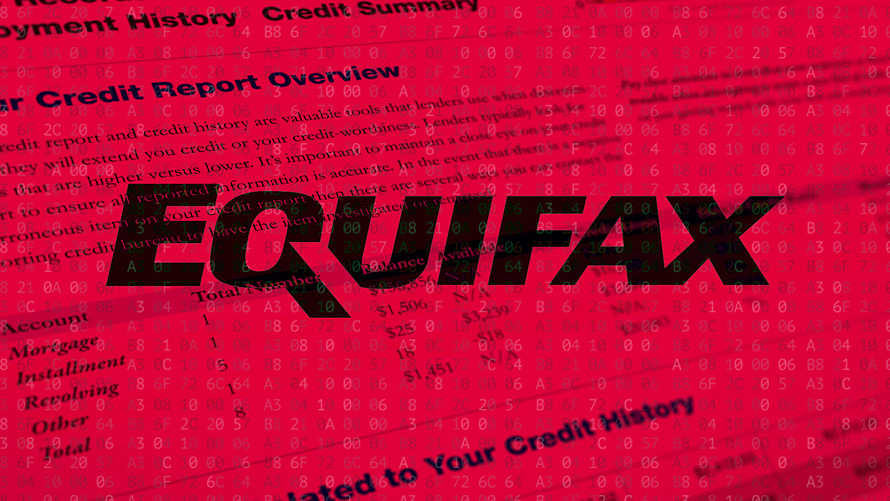A North Bergen man is suing the company behind Pokémon GO on the grounds that the mobile game and the company website discriminate against blind and visually impaired people.
Pokémon GO is the mobile iteration of the popular Pokémon anime and video game franchise. Launching in 2016, the game utilizes GPS and mobile devices to battle the “pocket monsters,” or Pokémon, that appear on the device in accordance with the player’s real-world location.
Carlos Herrera of North Bergen filed two 11-page class-action lawsuits in Hudson County Superior Court on Dec. 6 against Niantic Inc. The suits argues that Pokémon GO mobile game played on cell phones and other mobile devices and that Niantic’s website nianticlabs.com discriminate against the visually impaired and are in violation of the Americans with Disabilities Act.
Herrera alleges that he quickly became aware of Niantic’s alleged failure to maintain and operate its mobile app “in a way to make it fully accessible for himself and for other blind or visually-impaired people.” He himself is blind, noting there are about 2 million other blind or visually impaired people.
Fortunately, technology known as screen-reading software provides the blind and visually-impaired the ability to fully access mobile applications, and the information, products, goods and other things, the lawsuit states. However, for screen-reading software to function, the information on a mobile app must be capable of being rendered into text.
If the mobile app content is not capable of being rendered into text, the blind or visually-impaired user is unable to access the same content available to sighted users, the lawsuit states. The lawsuit cites Web Content Accessibility Guidelines that other movie apps follow to ensure accessibility to the visually impaired.
Barriers to the blind and visually impaired
The lawsuits state that the Pokémon Go mobile app and Niantic’s website both have multiple barriers to the visually impaired. This prevents Herrera and other visually impaired people from using text-to-speech software known as “Voice Over” to enjoy the content as those without vision impediments.
According to the lawsuit, many features on the mobile app and website fail to accurately describe the contents of the graphical images. The suit states that both Pokémon GO and Niantic’s website fails to properly label titles, fails to distinguish one page from another and contains broken links and incomplete headings, among other issues.
Herrera is seeking a permanent injunction to cause a change in Niantic’s policies, practices and procedures to become accessible to visually-impaired consumers. Niantic did not respond to Hudson Reporter requests for comment.
Herrera is represented by attorney Daniel Zemel of Zemel Law LLC. Zemel told the Hudson Reporter that the blind and visually-impaired deserve to play Pokemon GO like those without visual impairments.
“The technology is out there for people who are legally blind like my clients that use the app like everyone else,” Zemel said. “That’s what they should be doing.”
The lawsuits are not unprecedented. The move follows members of the American Foundation for the Blind calling for Niantic to make Pokémon GO more accessible to the visually impaired for years.
For updates on this and other stories, check www.hudsonreporter.com and follow us on Twitter @hudson_reporter. Daniel Israel can be reached at disrael@hudsonreporter.com.


